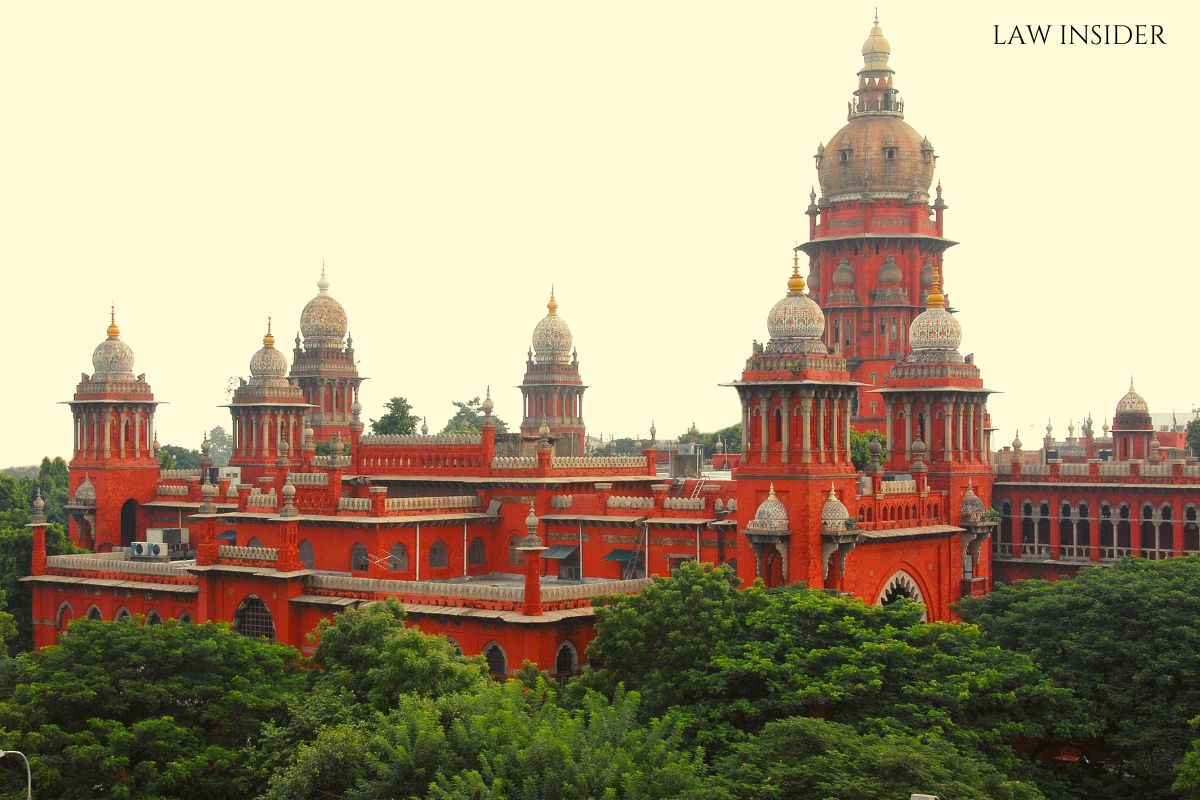LI Network
Published on: October 10, 2023 at 00:10 IST
The Madras High Court has quashed the reassessment proceedings against IDFC (Infrastructure Development Finance Company Limited) as the tax department failed to present any fresh or substantial information to justify the reopening of the assessment.
Justice Anita Sumanth, presiding over the case, noted that the existing information already on record, which was initially examined, does not meet the legislative requirement stipulated under Section 148 Explanation 1. This section necessitates the tax department to possess evidence implying that income has escaped assessment.
The petitioner, IDFC, a financial institution, found itself subject to reassessment proceedings for the assessment years 2014–15 and 2017–18, initially initiated under the old reassessment scheme and later revived under the new regime. This revival was based on the decision of the Supreme Court in the case of Ashish Agarwal.
The department received directions to proceed with the reassessment under the substituted provisions of Section 147, adhering to all statutory and procedural requirements.
The Central Board of Direct Taxes (CBDT) issued an Instruction on May 11, 2022, facilitating the implementation of the Ashish Agarwal judgment.
The petitioner argued that the department had exceeded its authority in issuing the order and notice, emphasizing that the Supreme Court’s liberty granted to the department was subject to all defenses available to the assessee under the newly substituted reassessment scheme.
Furthermore, the petitioner contended that all relevant materials related to the issues under consideration in the reassessment had already been provided to the tax authorities during the original scrutiny assessment.
Thus, there was no justification for the current reassessment. Additionally, the proposal to tax a sum that had already been disallowed by the petitioner would result in double taxation of the same amount.
In response, the tax department asserted that the new scheme, without the phrase “reason to believe,” eliminated the requirement for the officer to establish the “escapement of tax” prima facie at the jurisdictional assumption stage.
The court emphasized that Section 149 mandates the tax department to possess books of accounts, documents, or evidence indicating that income chargeable to tax, represented as an asset, has escaped assessment. This is a prerequisite for issuing a reassessment notice beyond three years from the end of the relevant assessment year.
The court further ruled that a profit and loss account does not constitute part of the books of accounts and stated that the books of accounts or other documents held by the Revenue do not qualify as assets to conclude that income has escaped assessment under Section 149.
Niraj Sheth represented the petitioner, while Hema Muralikrishnan represented the respondent in this case.
Case Title: W.P. Nos.23284 & 22737 of 2022 and WMP.Nos.21769, 21776, 22231, 22233, 29114 & 30379 of 2022

